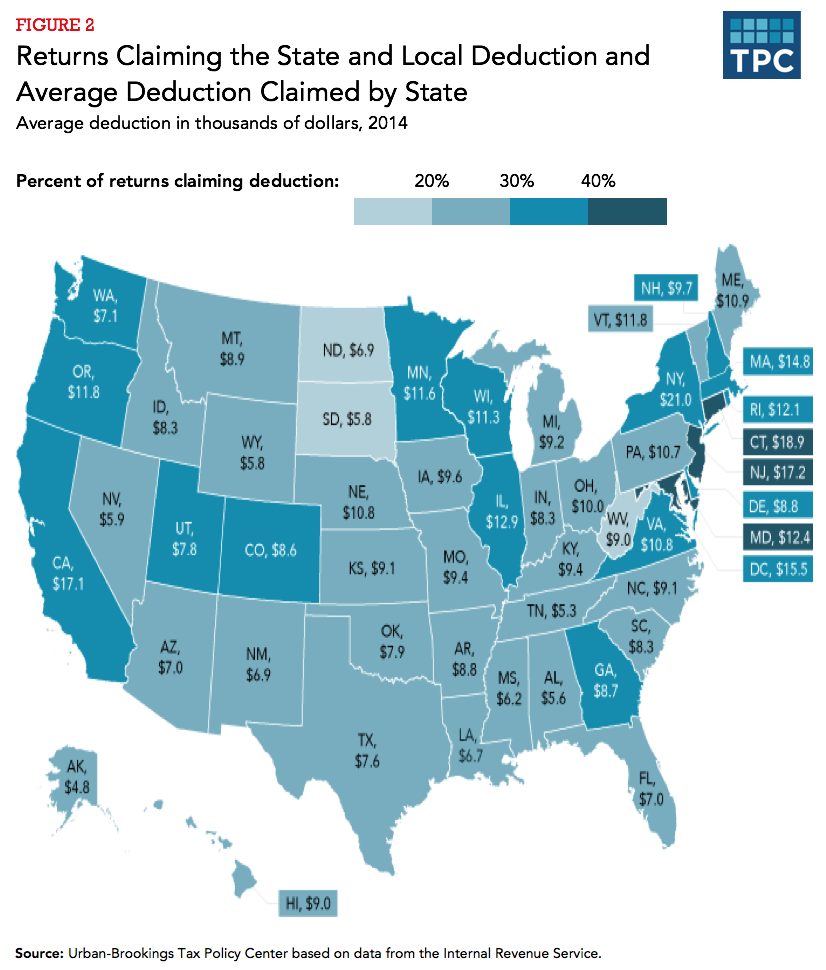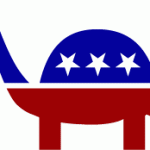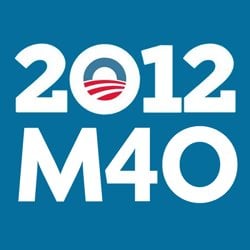
In just a few hours, Wisconsin Rep. Paul Ryan will likely be selected to be Mitt Romney’s running mate for the 2012 presidential election on the Republican ticket (UPDATE: confirmed!). In almost every way, this represents a game-changing coup – for Barack Obama.
The conventional wisdom is that running mates only deliver a percentage point in their home state. The best-case analysis (as per Nate Silver’s statistical modeling) is that Ryan will increase Romney’s likelihood of winning Wisconsin by only 2.5% – and only a 0.1% (1 in 1000) chance of tipping the election in Romney’s favor. Ohio’s Rob Portman or Virginia’s Bob McDonnell had much higher impact on Romney’s chances of winning their respective states, and potentially helping Romney win.
So, what’s Romney’s purpose in selecting Ryan? Partly, desperation – Obama has a consistent lead in national polling, and in swing state polls, despite Romney’s overwhelming fundraising advantage.
Romney knows that the evangelical base isn’t enthusiastic for him, so he needs to make himself palatable to the conservative base and tap into the Tea Party energy. This is where Ryan can deliver – as an avowed conservative policy warrior, and an anti-establishment Republican. In fact, Ryan’s entire career was built on a reaction against the Republican establishment’s fiscal policy during the Bush years, culminating the the vote for TARP (which Ryan also voted for, to his later regret).
But how did Ryan become the symbol of the conservative fiscal movement? In one word: Obama. I will quote extensively from Ryan Lizza’s excellent profile of Ryan in the New Yorker which really emphasizes just how involved the President was in grooming Ryan, against the Republican Party establishment’s wishes.
Ryan’s vote for TARP was his low point, and he resolved to draft a new manifesto for the GOP that would reshape the party’s fiscal policy. Ryan’s first draft of his new fiscal manifesto was called “Ryan’s Roadmap” and it was sufficiently extreme that Karl Rove made sure that President Bush steered well clear of it:
Ryan recommended ending Medicare, the government health-insurance program for retirees, and replacing it with a system of direct payments to seniors, who could then buy private insurance. (The change would not affect current beneficiaries or the next decade of new ones.) He proposed ending Medicaid, the health-care program for the poor, and replacing it with a lump sum for states to use as they saw fit. Ryan also called for an end to the special tax break given to employers who provide insurance; instead, that money would pay for twenty-five-hundred-dollar credits for uninsured taxpayers to buy their own plans. As for Social Security, Ryan modestly scaled back his original proposal by reducing the amount invested in private accounts, from one-half to one-third of payroll taxes.
The Roadmap went nowhere, however, until Obama’s election and the conservative rout. After that, both Ryan and Obama saw a mutually-advantageous opening:
By early 2009, [Ryan] was caught between the demands of the Republican leaders, who wanted nothing to do with his Roadmap, and his own belief that the Party had to offer a sweeping alternative vision to Obama’s. Ryan soon had an unlikely ally, in Obama himself. Throughout that year, the Administration struggled to defend its ambitious agenda, in part because there was no Republican alternative for the President to attack. Ryan, deferring to the Party leadership, didn’t aggressively push his plan again. But in late January of 2010, a week after the victory of the Republican Scott Brown in the contest for Ted Kennedy’s Senate seat in Massachusetts—the first election fuelled by the new Tea Party movement—Ryan offered the Roadmap as an alternative to Obama’s budget.
He presented it not as a dry policy plan, with just numbers and actuarial tables, but as a manifesto that drew on the canon of Western political philosophy as interpreted by conservative intellectuals. The document’s introduction referred to the Declaration of Independence, the Constitution, the Federalist Papers, Hayek, Friedman, Adam Smith, Max Weber, Émile Durkheim, John Locke, Alexis de Tocqueville, Georges-Eugène Sorel, Aleksandr Solzhenitsyn, Charles Murray, and Niall Ferguson. Ryan himself seemed intent on entering the canon. “Only by taking responsibility for oneself, to the greatest extent possible, can one ever be free,” he wrote, “and only a free person can make responsible choices—between right and wrong, saving and spending, giving or taking.”
This is how Ryan endeared himself as an iconoclast, taking on the GOP establishment (Boehner) as one of the Young Guns (Cantor) and directly feeding the Tea Party ideology in 2010. Ryan worked outside the Party, marketing directly to think tanks and pundits. But he didn’t have any real leverage or credibility, until Obama noticed him and elevated him. The White House went out of its way to draw attention to Ryan and publically discuss his Roadmap. Overnight, thanks to Obama’s intervention, Ryan became the face of the opposition:
The details of Ryan’s proposals and his critiques of Obama’s mattered less than the fact that he was taking on the President. House Speaker John Boehner and other Republican leaders started to feel pressure to take a position on the Ryan budget.
[…] Boehner distanced himself from the plan. But Ryan’s outside-in strategy, of building support among conservatives who would pressure Republican leaders to embrace his ideas, started to pay off. An editorial in the Weekly Standard stated that “Republicans should embrace Ryan’s Road Map.” Dick Armey, the former congressional leader, who had become a Tea Party organizer, demanded that Republicans have the “courage” to back Ryan’s plan.
By mid-2011, Ryan was presenting his ideas to the Republican caucus, and made some changes, including dropping Social Security privatization, and adding a plank to repeal Obamacare. Again, Obama saw an opportunity:
[…] in a speech at George Washington University, Obama once again decided to make an example of Ryan. Republicans were finally about to vote on the Path to Prosperity, and the President was eager to offer his opinion. Obama, for nearly the first time in his Presidency, emphasized the ideological divide between the two parties rather than offering bromides about what they shared. The White House invited Ryan to the speech and reserved a V.I.P. seat for him.
[…] Ryan sat in the front row as the President shredded his plan. “I believe it paints a vision of our future that’s deeply pessimistic,” Obama said. “There’s nothing serious about a plan that claims to reduce the deficit by spending a trillion dollars on tax cuts for millionaires and billionaires. And I don’t think there’s anything courageous about asking for sacrifice from those who can least afford it and don’t have any clout on Capitol Hill.”
Ryan seemed genuinely shocked.
Obama was doing Ryan a favor – his plan overwhelmingly passed the House, ensuring that it became the defacto standard against which the Republican nominees would be measured.
The Romney-Ryan ticket will be forced to spend more time defending the VP pick’s ideas than the ideas of the actual Presidential nominee.
— Joshua Treviño (@jstrevino) August 11, 2012
Mitt Romney’s entire campaign strategy until now has been to avoid specifics. But by selecting Ryan, Romney now ties himself inextricably to the Ryan Plan, and this means that the election will no longer be a referendum on Obama but a true debate about Big Ideas. The question is, are Ryan’s ideas palatable to the mainstream, beyond the conservative ideological base?
Clearly, Obama’s campaign thinks not, and the strategy of enhancing Ryan’s prestige by masterfully using him as a foil, granting him legitimacy, was an attempt to force the eventual Republican nominee to embrace those ideas. The strategy succeeded better than David Axelrod could ever have hoped – Romney not only endorsed Ryan’s plan, but has now been pressured into a “hail Mary” of choosing Ryan as his veep. To understand just how problematic this is for Romney, here’s Ezra Klein’s summation:
In picking Ryan, [Romney] has yoked himself to each and every one of Ryan’s specifics. And some of those specifics are quite … surprising. For instance: Ryan has told the Congressional Budget Office that his budget will bring all federal spending outside Medicare, Medicaid and Social Security to 3.75 percent of GDP by 2050. That means defense, infrastructure, education, food safety, basic research, and food stamps — to name just a few — will be less than four percent of GDP in 2050. To get a sense for how unrealistic that is, Congress has never permitted defense spending to fall below three percent of GDP, and Romney has pledged that he’ll never let defense spending fall beneath four percent of GDP. It will be interesting to hear him explain away the difference.
[…] It’s not just that Romney now has to defend Ryan’s budget. To some degree, that was always going to be true. What he will now have to defend is everything else Ryan has proposed. Ryan was, for instance, the key House backer of Social Security privatization. His bill, The Social Security Personal Savings Guarantee and Prosperity Act of 2005, was so aggressive that it was rejected by the Bush administration. Now it’s Romney’s bill to defend. In Florida.
This is the long game: conservatism’s fate is now tied to Mitt Romney, as unlikely a champion as McCain was! The very ideological manifesto that Ryan cultivated as an outsider’s response to the the GOP establishment now becomes the GOP establishment. Ryan has won – he has single-handedly reshaped his party to fiscal conservatism’s banner. With Ryan on the ticket, if they lose, then the ready argument that conservatives used in 2008 won’t apply, where selecting a RINO/moderate Republican like McCain was seen as insufficiently pure. The downside about an election that is a debate about ideas is that the losing side’s ideas are judged and found wanting. The stakes are much higher now – a loss could well set back fiscal conservatism by decades and even usher in a new era of progressive politics, akin to the Reagan victory in 1980.
Even in victory, it’s risky for conservatism. Will President Romney be forced to embrace Ryan’s policies? or will Ryan’s influence be marginalized within a Romney administraton? Ezra argues the latter, pointing out that Veeps are expected to toe the Administration line and serve as supporting players, not free agents (Cheney being a notable exception). Ryan arguably has much more influence over his party and the national debate as a ranking member of Congress than he does as a vice president.
So, in either case, whether Romney wins or loses, fiscal conservatism loses influence, because Ryan is removed from where he has the most power over the policy debate: right where he is, in Congress. Or rather, where he was. Obama couldn’t have hoped for a better outcome.
2012 just got a lot more interesting!
Related: Ezra Klein interviews Paul Ryan on the Republican plan for the economy. I do feel sorry for Joe Biden; he’s going to get wiped in the debates.











